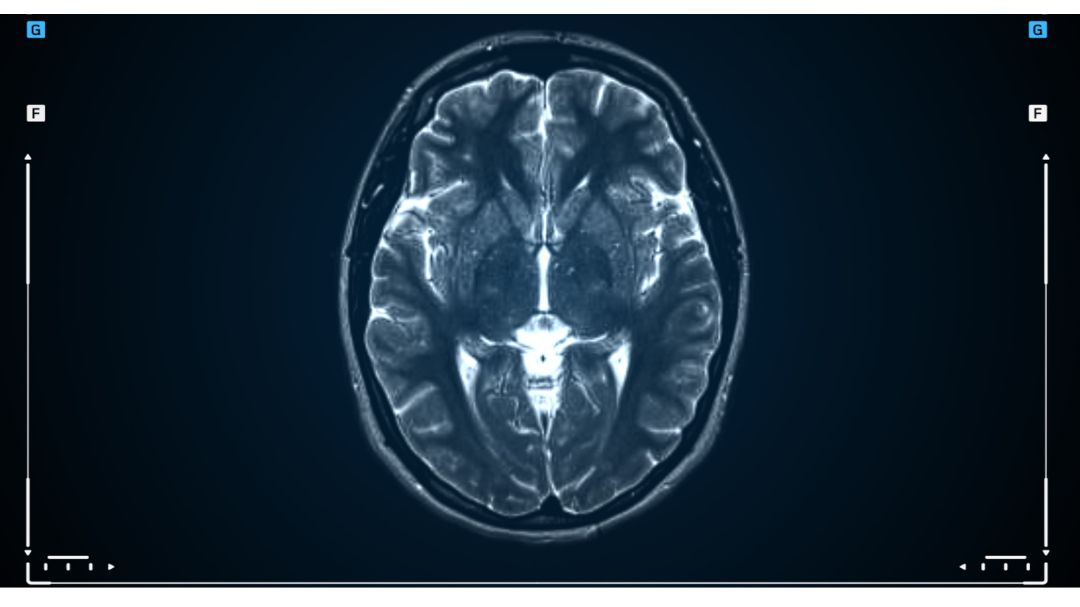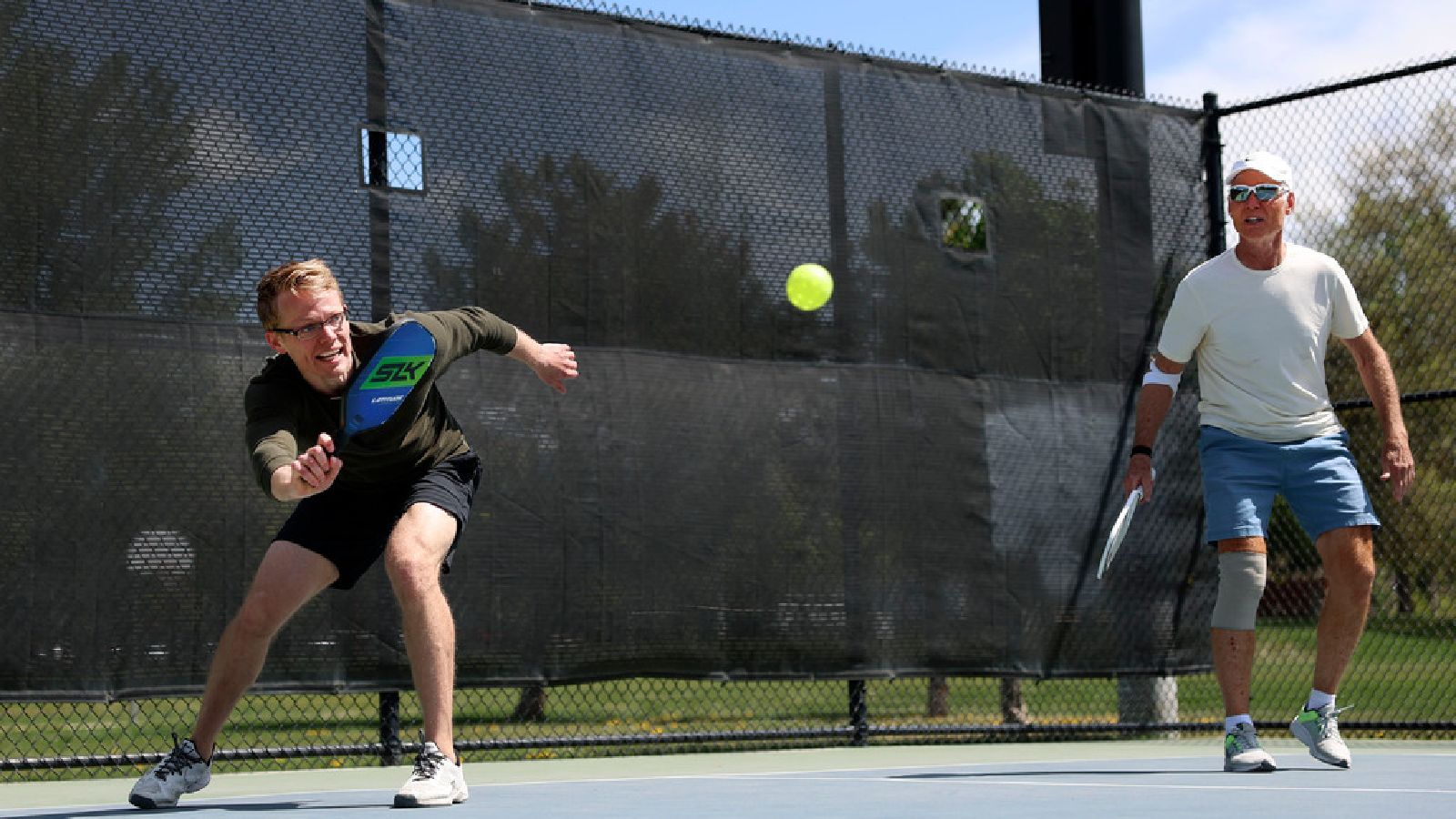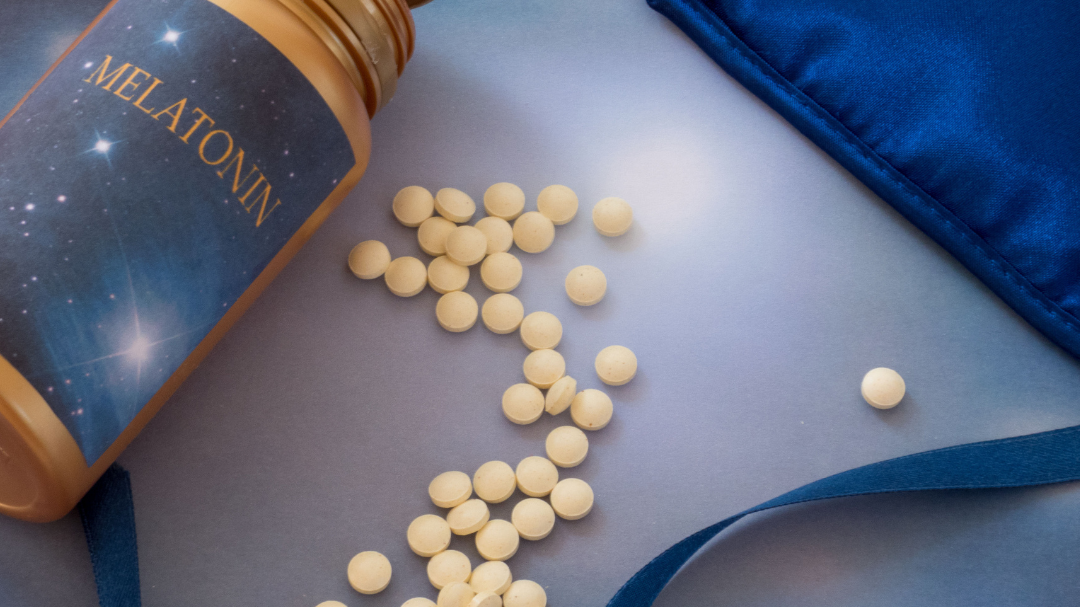Utah health officials on state’s covid risk score calculator: race/ethnicity isn’t automatic qualifier
Jan 11, 2022, 8:21 PM
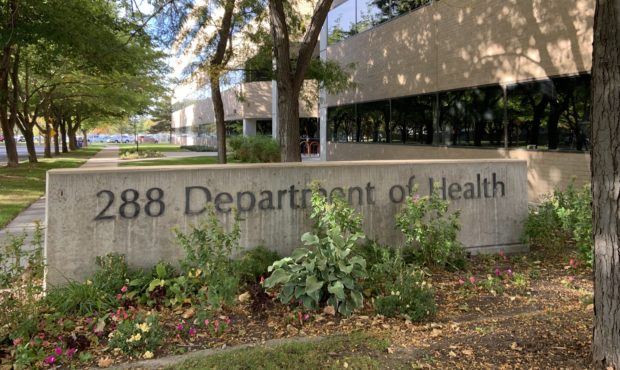
KSL NewsRadio FILE- The Utah Department of Health and Human Services just launched the Utah Healthy Places Index tool.
SALT LAKE CITY — Utah health officials are re-evaluating their COVID risk score calculator, used to determine priority for monoclonal antibody treatments.
At the same time, they defended their risk calculator against an attack from a national news anchor.
Tucker Carlson, of Fox News, accused the Utah Department of Health of prioritizing “non-whites” for the treatment.
Related: Monoclonal antibodies study in Utah shows promise against COVID-19
“Nobody automatically qualifies for treatment based on their race/ethnicity,” said Tom Hudachko, with UDOH.
Instead, Hudachko said, some people with COVID-19 symptoms automatically qualify for monoclonal antibody treatments. They include residents of a long-term care facility, unvaccinated pregnant women, or someone with a severe immunocompromised condition.
These people “have the highest risk of the most severe outcomes of COVID-19,” Hudachko said.
How to use the Utah risk score calculator
The risk score was developed for those who do not qualify automatically. It includes other factors proven to increase the risk of hospitalization and death from COVID-19.
Multiple factors make up the risk score. Utah health officials say they are proven to increase the risk of hospitalization and death from COVID-19.
They include race/ethnicity, current symptoms, sex, age, and pre-existing conditions.
To obtain the score, a risk factor is assigned a value. The patient’s total score determines if they qualify for treatment. Today, Hudachko said, a vaccinated person must score 10, and an unvaccinated person must score 7.5, to qualify for monoclonal antibody treatment.
Related: State creates new treatment for COVID-19 in long-term care centers
Each risk factor is assigned a certain amount of points. They include sex, age, pre-existing conditions, current symptoms, and race/ethnicity.
A person must score 10 (if they are vaccinated) or 7.5 (if they are unvaccinated) in order to qualify for treatment.
Related: Utah health dept. deploys special strike team to long-term care facilities
“A person who is non-white or Hispanic/Latinx receives two points due to being more likely to be hospitalized based on Intermountain Healthcare data,” Hudachko said.
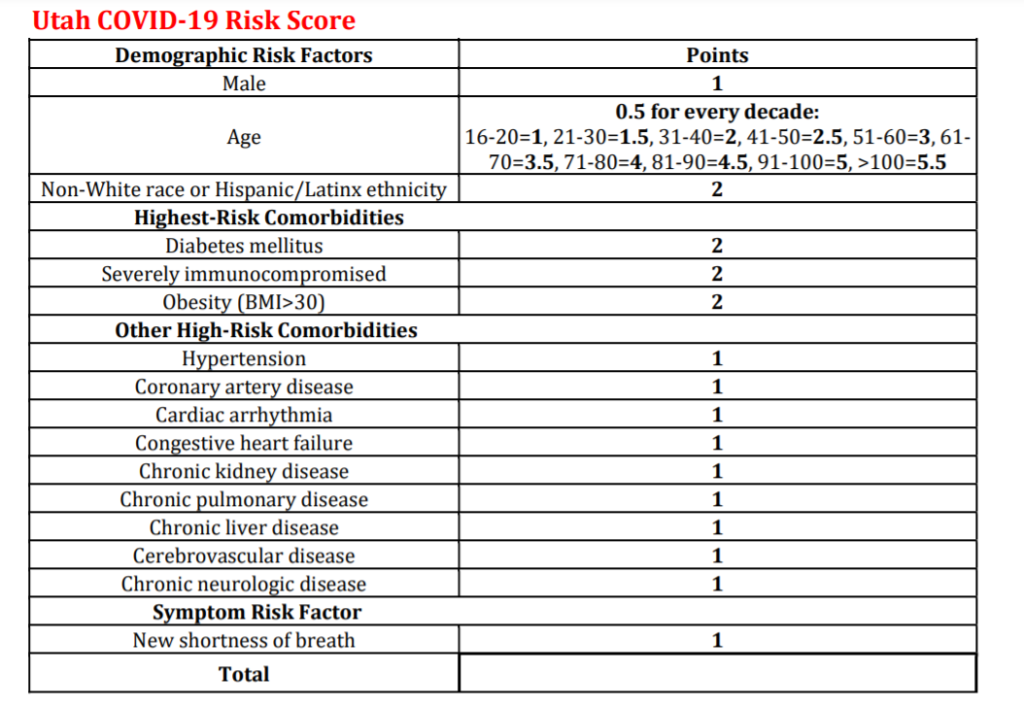
Why were Hispanic/Latinx people prioritized?
In 2020, working with the Utah Crisis Standards of Care Workgroup, health officials evaluated 100,000 Utahns that had tested positive for COVID-19. After controlling for variables including age, gender, symptoms, chronic medical conditions, and geography, “non-white or Hispanic/Latinx people are 35-50% more likely to be hospitalized,” said Hudachko.
Our news partners at the Deseret News reported that Gov. Cox’s office has received about 50 calls about Carlson’s claims.
Taking another look at the Utah COVID-19 risk score
On Tuesday, the Utah Department of Health said that the scarcity of COVID-19 treatments will drive them to re-evaluate the calculator with current data. This will help officials “determine what factors best capture those at most at-risk for severe disease, hospitalization, and death,” said Hudachko.
Jessica Lowell contributed.
How To Prevent the Spread of COVID-19 Coronavirus
COVID-19 coronavirus spreads person to person, similar to the common cold and the flu. So, to prevent it from spreading:
- Wash hands frequently and thoroughly, with soap and water, for at least 20 seconds.
- Don’t touch your face.
- Wear a mask to protect yourself and others per CDC recommendations.
- Keep children and those with compromised immune systems away from someone who is coughing or sneezing. In this instance, at least six feet.
- If there is an outbreak near you, practice social distancing. Meaning, stay at home instead of going to the movies, sports events, or other activities).
- Get a flu shot.
Local resources
Utah’s Coronavirus Information
The Church of Jesus Christ of Latter-day Saints
Utah Coronavirus Information Line – 1-800-456-7707
National Resources
Centers for Disease Control and Prevention



